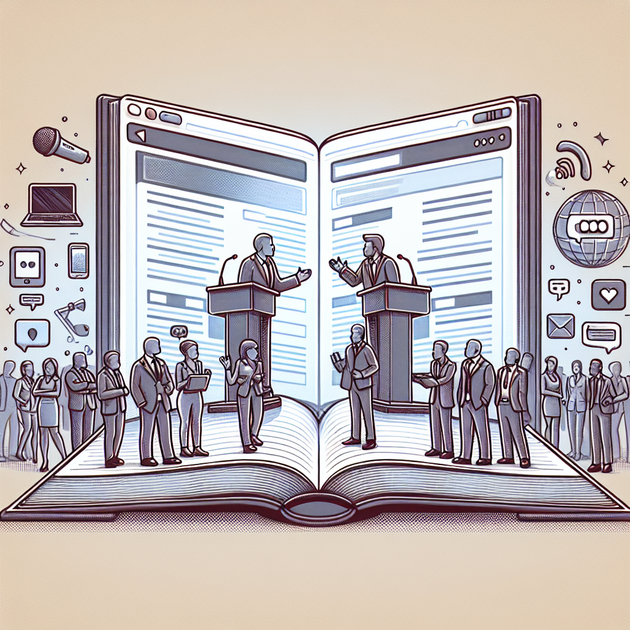Did you know there’s a new battleground in the culture wars—and it’s not on cable news or Twitter threads? It’s actually happening on a site called ‘Wokepedia’. So why are conservatives suddenly up in arms about this online encyclopedia?
What Is Wokepedia (and Why Does It Matter)?
First off, let’s clear up what Wokepedia is. In short, it’s a nickname some folks use—usually with a bit of sarcasm—for Wikipedia or similar sites they believe have a “woke” (meaning socially progressive or left-leaning) slant. The idea is that articles on certain topics don’t just present facts; instead, they’re seen as pushing a particular worldview.
Now you might be thinking—doesn’t everyone use Wikipedia? Absolutely. It’s one of the most visited websites on Earth. But that’s exactly why this debate matters so much. If an online encyclopedia shapes millions of opinions every day, who decides what counts as “neutral” information?
Why Are Conservatives Criticizing Wokepedia?
The heart of the issue is trust. Many conservatives argue that Wokepedia (or Wikipedia itself) doesn’t just report facts—it frames them through a progressive lens. Here are some of their main complaints:
- Certain viewpoints (especially conservative ones) get labeled as misinformation or “conspiracy.”
- Controversial issues like gender identity or climate change often reflect just one perspective.
- Editors with strong opinions sometimes dominate pages, making it hard to challenge mainstream narratives.
- Sources that lean left politically are more likely to be accepted than those from right-leaning outlets.
- Attempts to add alternative viewpoints can get quickly reversed or deleted.
To be fair, Wikipedia has community guidelines meant to keep things neutral—but with thousands of volunteer editors all over the world (many passionate about politics), disagreements are bound to happen.
An Example From Real Life
Let me share an anecdote that puts all this in perspective. A friend of mine loves diving into obscure history topics and once tried editing a Wikipedia page about a controversial political figure. He added citations from both left-leaning and right-leaning sources to keep things balanced.
Within hours, his changes were flagged for using “unreliable sources”—but only the right-leaning ones got removed. When he asked why in the comments section, another editor told him bluntly: “We don’t consider those credible here.” He felt shut down—not because his facts were wrong but because they didn’t fit the dominant narrative.
This kind of experience isn’t unique. It fuels claims that big knowledge platforms like Wokepedia reinforce existing biases instead of challenging them.
What Does This Mean for Trust Online?
All this raises big questions about how we decide what’s true when everyone brings their own lens to the table. If you’re conservative and feel your views aren’t welcome on major platforms like Wokepedia or even Wikipedia itself, you might stop trusting those sites altogether—or look for alternatives that match your beliefs.
Here’s what happens when encyclopedia debates spill over into real-life impact:
- Fragmentation: People flock to different sources based on politics—left vs. right versions of “the truth.”
- Tougher fact-checking: Readers have to do extra work to spot bias or find missing info.
- Mistrust grows: If nobody trusts shared facts anymore, honest debate gets harder.
- Echo chambers form: Folks stick with sites—and people—that agree with them.
It used to be that we’d all pull from roughly the same set of facts before arguing our opinions. Now even those basic facts depend on which site you visit.
The Bigger Picture: Can Online Encyclopedias Stay Neutral?
So where does this leave us? The fight over Wokepedia isn’t really just about one website; it’s a symptom of deeper divides in society. On one hand, you’ve got people demanding accuracy and fairness; on the other hand, you’ve got folks convinced no platform can ever be truly neutral anymore.
If anything good comes out of these debates, maybe it’ll be that more people start asking tough questions about where their information comes from—and how much they can trust it.
So here’s my question for you: Do you think any online encyclopedia can ever be completely unbiased? Or are we stuck picking sides every time we look something up?

Leave a Reply